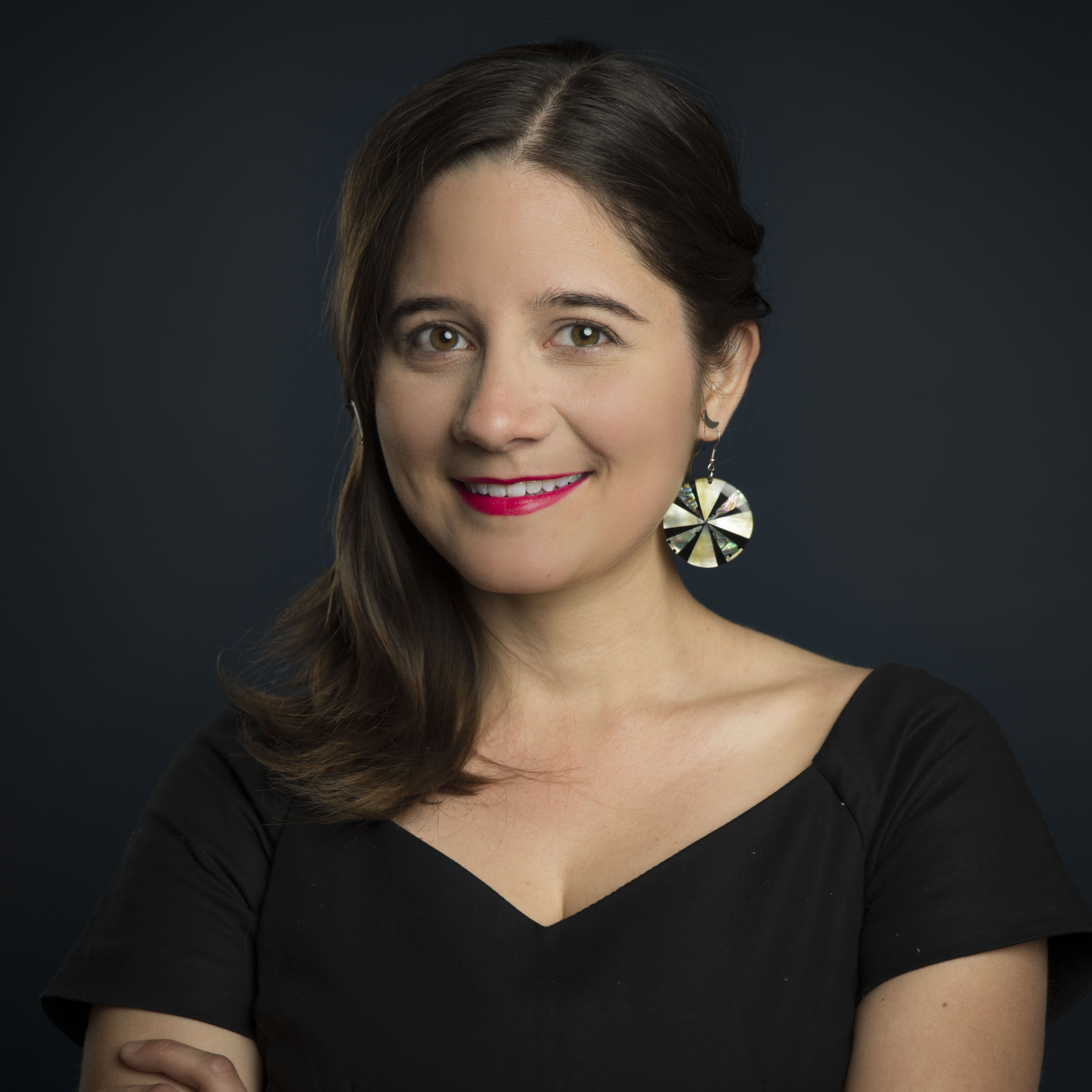 Hometown: Mexico City, Mexico
Hometown: Mexico City, Mexico
Education: Prescott College ‘14
Affiliations: Peer Wellness Coalition, La Raza Law Students Association, Coalition for Diversity
One of the reasons I came to Berkeley Law is because Berkeley prides itself on providing a collegial atmosphere and having a collaborative student body, in contrast to other law schools where the institution itself might foster a highly competitive environment.
Alot of us come to law school because we have a commitment to social change. But the very nature of 1L curriculum is designed to substitute any original thought and analysis with a very narrow box of what we’re supposed to be and think as lawyers. We come into class the first week not knowing how to read a case or how to put it into context. We study doctrine in the abstract and there’s hardly an opportunity to connect that doctrine with real world issues and to understand its implications to the things we are passionate about. It can be very demoralizing and lead students to feeling depressed and alienated.
My peers are proactive people who want to stand up for each other and improve the mental health and wellness of the collective student body. We found the resources available through the school to be inadequate, which unfortunately means that students have to carry the brunt of the work that the school itself is not doing. Following years of students organizing around these issues, the idea for the Peer Wellness Coalition (PWC) came up. Central campus was offering a grant for student wellness initiatives, so we submitted a proposal and were approved after a couple of months.
Following an application process, we finally selected the eight student members who will comprise the PWC, with one spot available for an incoming 1L. The group will focus on different “pillars” of wellness. The programming will focus on things like stress, anxiety, accessibility, food access, nutrition, and substance abuse. In addition, we want to offer workshops on interpersonal skills and conflict resolution in order to reduce some of the toxicity of the law school environment.
Part of our funding will also go toward helping students identify signs of distress in themselves and peers, working to destigmatize mental health, and providing resources for students to find support through central campus or by connecting them with outside counselors.
I think that just five years ago, something like this would have been impossible. We’ve come a long way toward destigmatizing the shame associated with mental health struggles in law school, and Berkeley is a good place to start changing this culture. From what I’ve seen, students are interested in seeing how they can benefit from or contribute to this project.
Our plan is to start working next semester and provide incoming students with resources before they start classes. We’d like to have a pilot slate of programming ready for the fall semester. Ultimately, the goal of the PWC is to provide evidence and data to the administration to show that this kind of support is needed and utilized, so they recognize how important it is and allocate institutional funding and resources beyond the duration of our program.